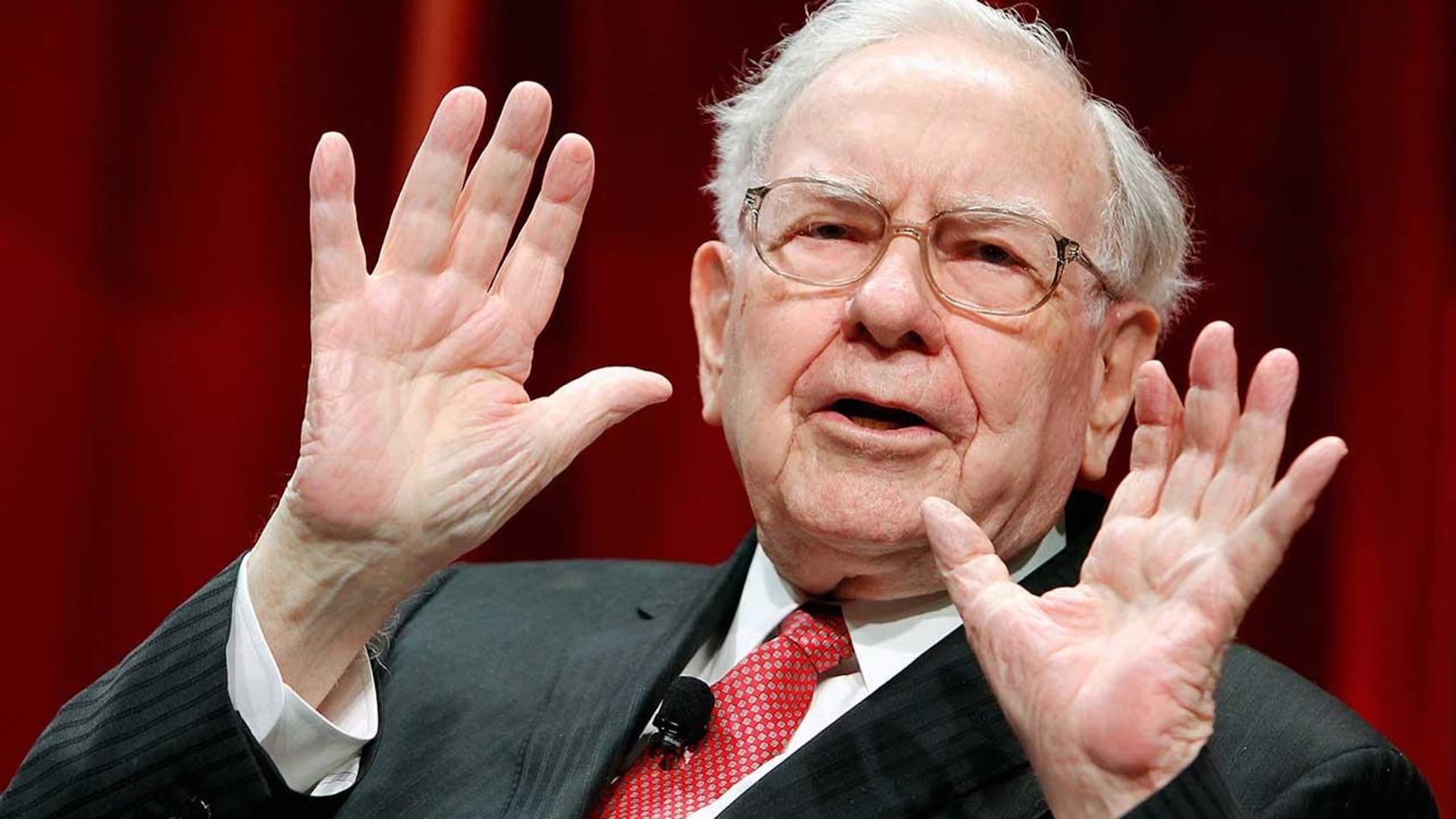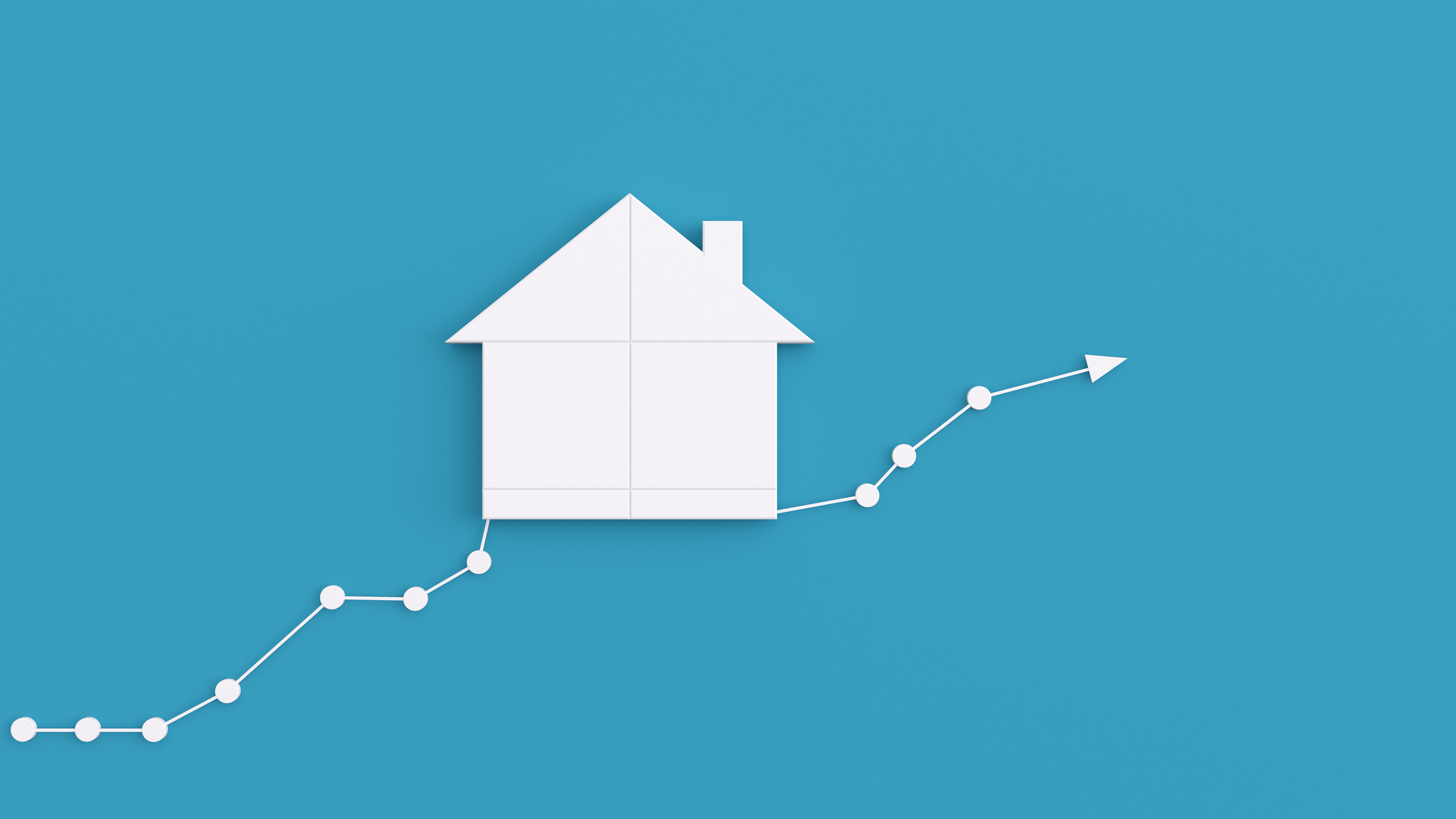Homebuilders Appear Headed for More Pain
Storm clouds are brewing for homebuilders as the Fed's aggressive rate hiking quickly cools demand for new housing.


Profit and prosper with the best of Kiplinger's advice on investing, taxes, retirement, personal finance and much more. Delivered daily. Enter your email in the box and click Sign Me Up.
You are now subscribed
Your newsletter sign-up was successful
Want to add more newsletters?

Delivered daily
Kiplinger Today
Profit and prosper with the best of Kiplinger's advice on investing, taxes, retirement, personal finance and much more delivered daily. Smart money moves start here.

Sent five days a week
Kiplinger A Step Ahead
Get practical help to make better financial decisions in your everyday life, from spending to savings on top deals.

Delivered daily
Kiplinger Closing Bell
Get today's biggest financial and investing headlines delivered to your inbox every day the U.S. stock market is open.

Sent twice a week
Kiplinger Adviser Intel
Financial pros across the country share best practices and fresh tactics to preserve and grow your wealth.

Delivered weekly
Kiplinger Tax Tips
Trim your federal and state tax bills with practical tax-planning and tax-cutting strategies.

Sent twice a week
Kiplinger Retirement Tips
Your twice-a-week guide to planning and enjoying a financially secure and richly rewarding retirement

Sent bimonthly.
Kiplinger Adviser Angle
Insights for advisers, wealth managers and other financial professionals.

Sent twice a week
Kiplinger Investing Weekly
Your twice-a-week roundup of promising stocks, funds, companies and industries you should consider, ones you should avoid, and why.

Sent weekly for six weeks
Kiplinger Invest for Retirement
Your step-by-step six-part series on how to invest for retirement, from devising a successful strategy to exactly which investments to choose.
The S&P Homebuilders Select Industry Index is not having a good year. It's already down more than 31% year-to-date through Nov. 9, and the storm clouds on the horizon suggest things aren't going to get much better for homebuilders in the near term.
According to government figures released in late October, the slump in residential construction in the third quarter cut 1.37 percentage points from gross domestic product, the largest drop since the beginning of the Great Recession in late 2007.
Another concerning stat for homebuilders in Q3 was the drop in single-family home construction. On an annualized basis, there was a 36.6% decline in home construction from July through September.
From just $107.88 $24.99 for Kiplinger Personal Finance
Become a smarter, better informed investor. Subscribe from just $107.88 $24.99, plus get up to 4 Special Issues

Sign up for Kiplinger’s Free Newsletters
Profit and prosper with the best of expert advice on investing, taxes, retirement, personal finance and more - straight to your e-mail.
Profit and prosper with the best of expert advice - straight to your e-mail.
If homebuilders aren't putting up homes, they're not making money.
Whether we're talking about new-home construction or resales, the entire single-family home industry is suffering under the double whammy of high inflation and rising interest rates.
Moody's Analytics recently did a deep dive on 322 regional housing markets throughout the U.S. The economic research firm expects all of these markets will experience a decline in price from peak to trough, with approximately 61% projected to see home prices drop by 10%.
The research predicts the biggest peak-to-trough decline to be 26.0% in Morristown, Tennessee. Another city in the Volunteer State is also in the top 10: Nashville, where home prices are expected to fall 23.3%.
While the price correction happening at the moment in the resale market will be good for overall housing affordability, it doesn't necessarily bode well for new construction homebuilders.
Why? They set their prices based on what the market's willing to bear.
If Joe Consumer can get a four-bedroom resale for $300,000, down from $400,000 a year ago, it's unlikely given rising interest rates – the current 30-year fixed mortgage is 7.23%, up from 5.46% in mid-August – Joe is going to spring for a new $400,000 home, no matter how many amenities it comes with.
As a result, you're starting to hear many more warnings from homebuilders that 2023 will not be a fun year for the industry.
In September, housing starts were down 19% year-over-year. Plus, PulteGroup (PHM) said its cancellation rate was 24% in the third quarter – up from 10% in the year prior.
This is a statistic that's not unique to Pulte. It's happening across the industry.
"Running a homebuilding company during this part of an economic cycle is complicated," said Ryan Marshall, CEO of PulteGroup, in the company's Q3 earnings call. "The softer demand conditions that we experienced in the third quarter continued into October and have likely gotten even more challenging with mortgage rates now pushing 7%."
This outlook was echoed by Taylor Morrison (TMHC) CEO Sheryl Palmer during the homebuilder's own Q3 conference call.
"Generally speaking, higher mortgage rates and uncertainties surrounding the economy has pushed many potential homebuyers and all consumer cohorts to the sidelines, and we continue to believe it will take some time for the market to find its new equilibrium as interest rates have most recently reached as high as 8%," Palmer stated in late October.
What is clear is that only the most financially sound homebuilders will come out of this correction in good shape, ready to take on the next bull market in new home sales.
According to S&P Global Market Intelligence, 13 homebuilders in the S&P 1500 have market caps greater than $1 billion. Seven of those have cash and short-term investments on their balance sheets equal to 10% or more of their market cap.
Only two – NVR (NVR) and Cavco Industries (CVCO) – have net cash on their balance sheets as of the most recent quarter. As a result, they'll likely be the most prepared to weather the coming storm.
Profit and prosper with the best of Kiplinger's advice on investing, taxes, retirement, personal finance and much more. Delivered daily. Enter your email in the box and click Sign Me Up.

Will has written professionally for investment and finance publications in both the U.S. and Canada since 2004. A native of Toronto, Canada, his sole objective is to help people become better and more informed investors. Fascinated by how companies make money, he's a keen student of business history. Married and now living in Halifax, Nova Scotia, he's also got an interest in equity and debt crowdfunding.
-
 Nasdaq Leads a Rocky Risk-On Rally: Stock Market Today
Nasdaq Leads a Rocky Risk-On Rally: Stock Market TodayAnother worrying bout of late-session weakness couldn't take down the main equity indexes on Wednesday.
-
 Quiz: Do You Know How to Avoid the "Medigap Trap?"
Quiz: Do You Know How to Avoid the "Medigap Trap?"Quiz Test your basic knowledge of the "Medigap Trap" in our quick quiz.
-
 5 Top Tax-Efficient Mutual Funds for Smarter Investing
5 Top Tax-Efficient Mutual Funds for Smarter InvestingMutual funds are many things, but "tax-friendly" usually isn't one of them. These are the exceptions.
-
 How to Hedge Against Trump's Tariffs
How to Hedge Against Trump's TariffsDonald Trump is taking action on tariffs and this could have a big impact on public companies. Here's how investors can prepare.
-
 7 Stocks Warren Buffett Is Buying (and 10 He's Selling)
7 Stocks Warren Buffett Is Buying (and 10 He's Selling)Warren Buffett Warren Buffett's Berkshire Hathaway sold Apple and Snowflake but picked up Ulta Beauty and Heico, among other moves in Q2.
-
 Why I Love Boring Stocks: Glassman
Why I Love Boring Stocks: GlassmanThe best "boring stocks" can produce solid returns for investors with little drama. Here are a few that I like.
-
 10 2024 Stock Picks From An Investing Expert
10 2024 Stock Picks From An Investing ExpertThese 2024 stock picks have the potential to beat the market over the next 12 months.
-
 Real Estate Investing Is Down But Not Out
Real Estate Investing Is Down But Not OutReal estate investing has gone through the wringer in recent years, but tactical investors can find solid income-building opportunities at a discount.
-
 Stock Market Today: China Woes Weigh on Stocks; Homebuilders Get a Buffett Boost
Stock Market Today: China Woes Weigh on Stocks; Homebuilders Get a Buffett BoostThe major market indexes closed lower on Tuesday after China unexpectedly cut several key interest rates.
-
 2023 Investment Outlook’s Big Question Focuses on Recession
2023 Investment Outlook’s Big Question Focuses on RecessionFundamentals, earnings and diversification are key after a year that left us feeling like we have a bit of a hangover.
-
 Short-Term Investments to Protect Against Inflation and Market Volatility
Short-Term Investments to Protect Against Inflation and Market VolatilityRates on Series I savings bonds, T-bills and fixed annuities are all above historical averages and could serve investors well during turbulent times like these.